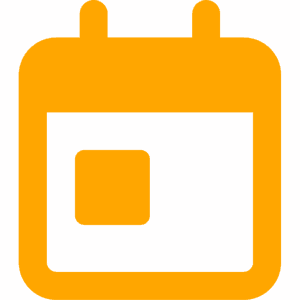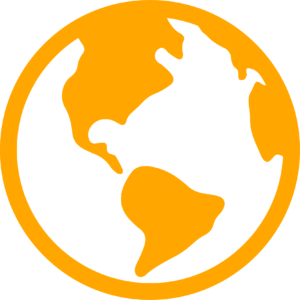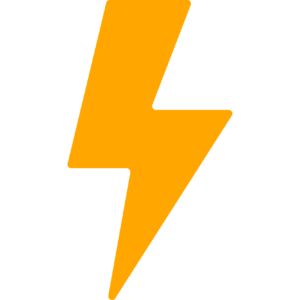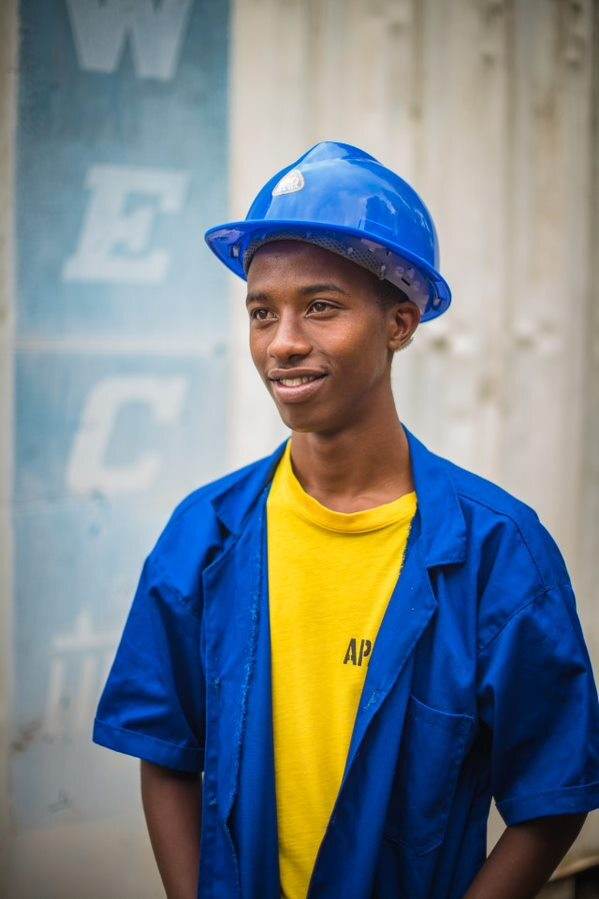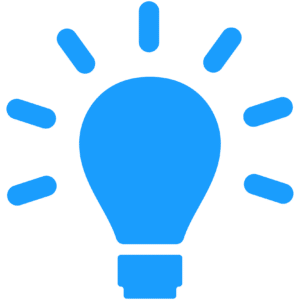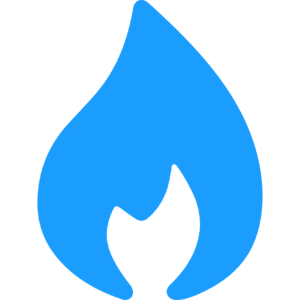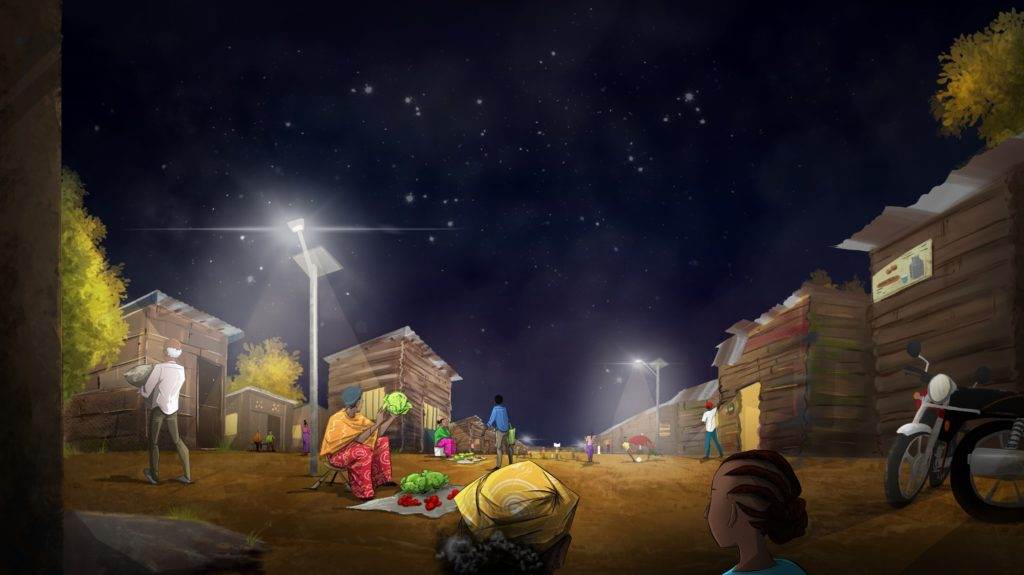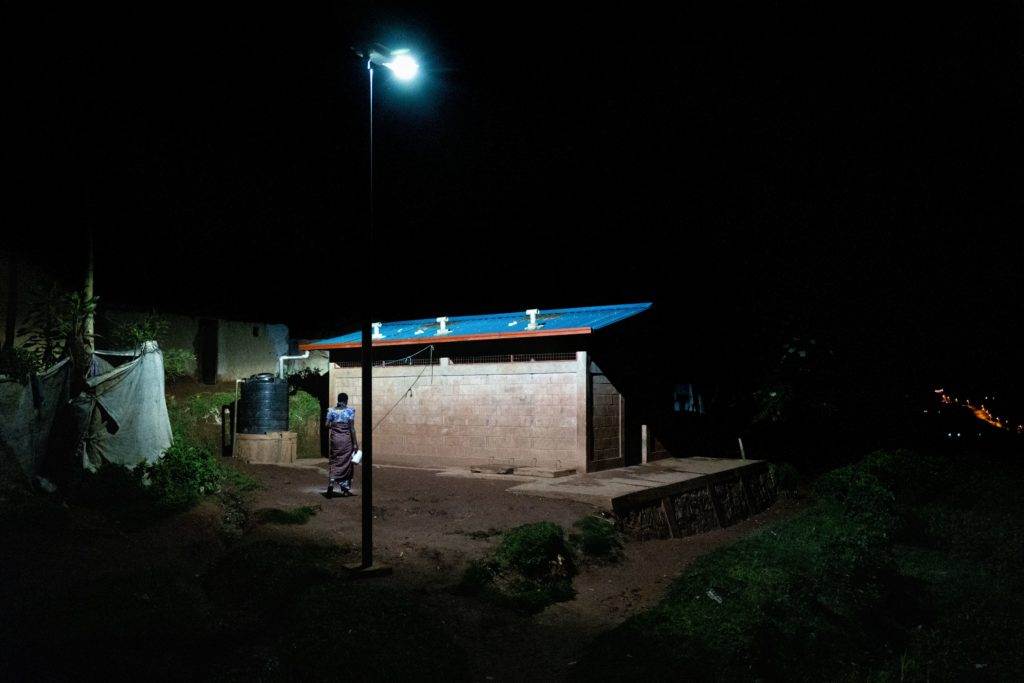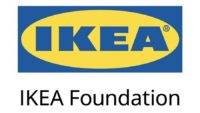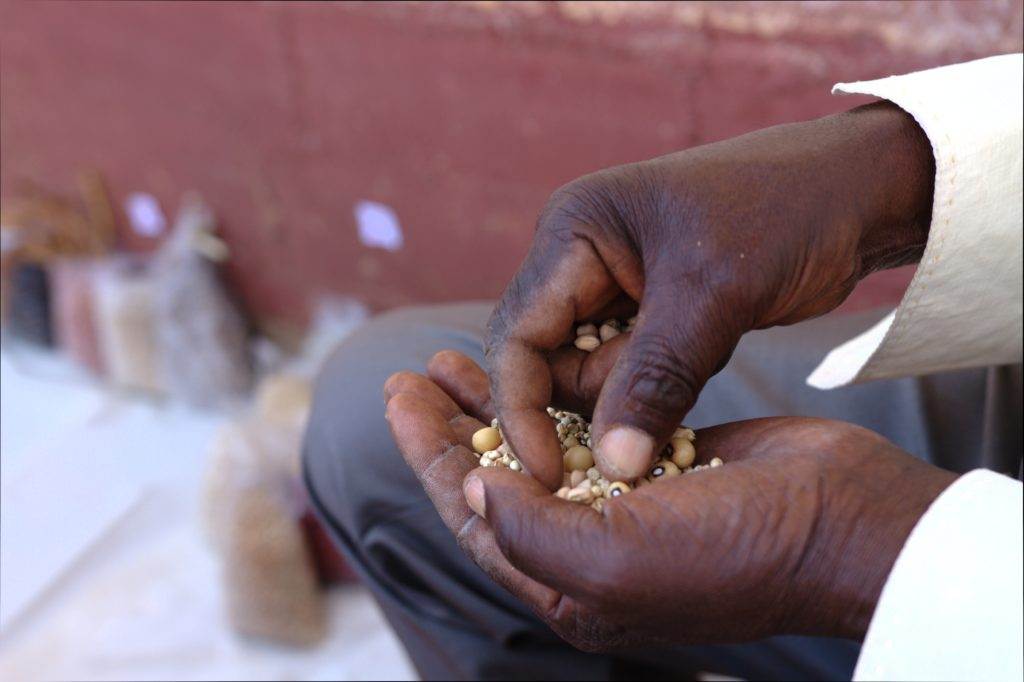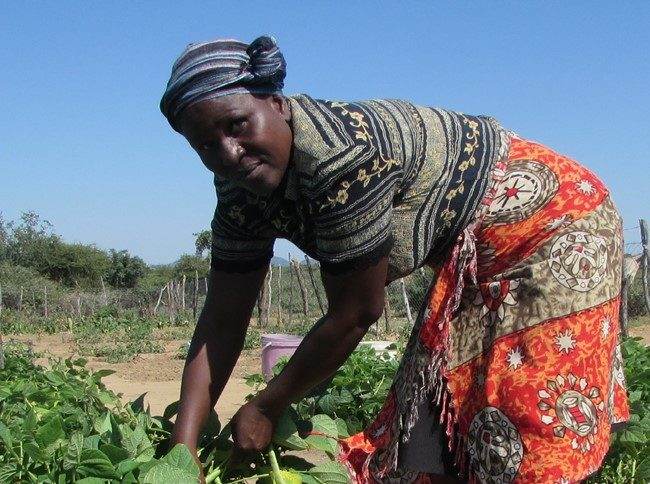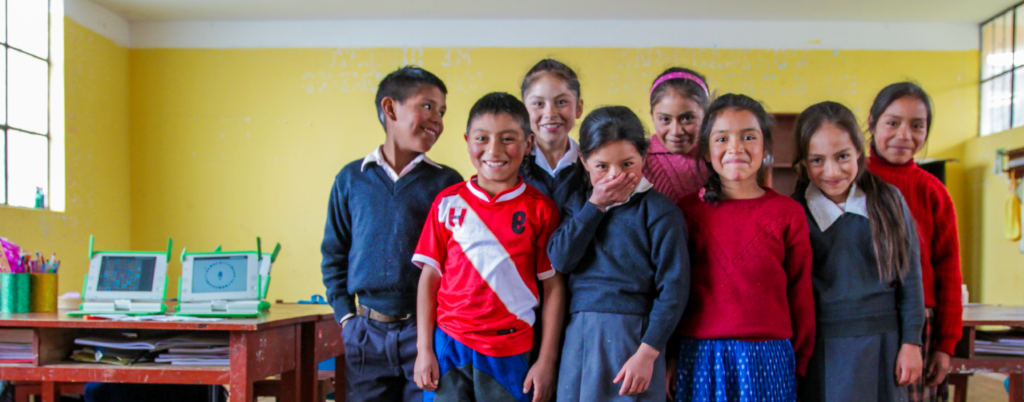Project Overview
Title: Renewable Energy for Refugees
Dates: April 2017 – February 2022
Location: Nyabiheke, Gihembe and Kigeme, Rwanda and Irbid, Jordan
Our role:
We worked with the private sector to design and implement innovative market-based solutions by cooperating with host governments and national NGOs, improving the evidence base through original research, and demonstrating new approaches tried and tested in camps and host communities.
Participants: Supported by the IKEA Foundation in partnership with the UNHCR, the UN Refugee Agency, Chatham House and Energy for Impact and Norwegian Refugee Council.
Project Budget: €8.6 million
Theme: Energy access
Donor: IKEA Foundation
